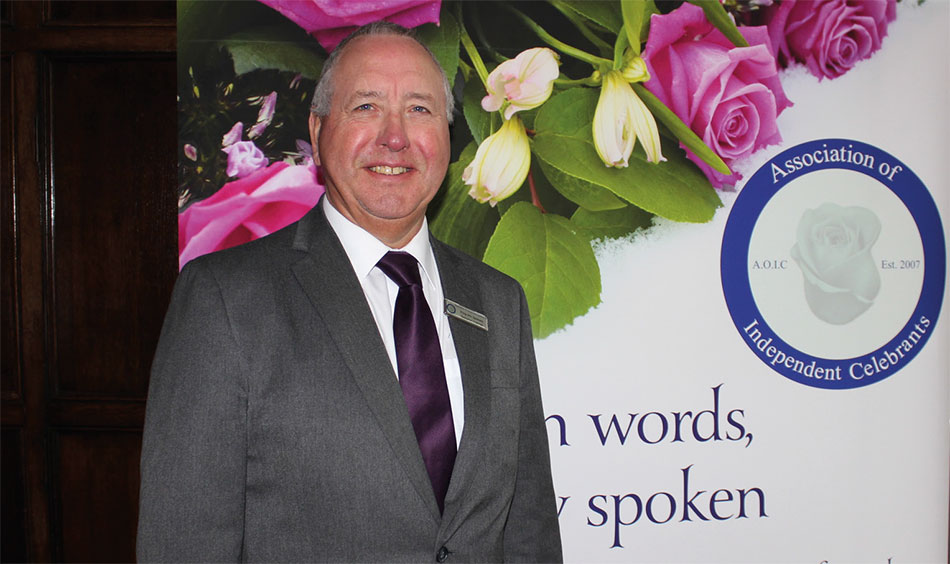Education key to childhood bereavement

A unique conference in Hull, looking at how people remember lost loved ones, saw leading professionals call for more help and support for bereaved children.
RememberMe was the first three-day conference of its kind looking at the changing face of memorialisation. Held in the city’s Guildhall, it was organised as part of a University of Hull project looking at how people are remembered after their death.
It pulled together some of the most eminent researchers and professionals from across the world, who presented an eclectic mix of projects and findings to the audience.
Philip Spicksley, the Executive Chair of the Association of Independent Celebrants (AOIC), was invited to help lead a round-table discussion, as well as facilitate a ‘Spaces and Places’ session. The latter saw moving presentations on using photography as a tool for remembrance of 20th century conflicts, archaeological studies on ‘continuing bonds’ with the bereaved and how narrative can be used to help the grieving process.
Meanwhile the round-table discussion saw Mr Spicksley support calls for the need of greater awareness of how young people are affected by death.
Yvonne Wilson, of the National Association of Memorial Masons, who is also part of the RememberMe project group, urged the powers that be to look at how bereavement and its impact could be worked into education programmes, and suggested that the country looks at ‘age appropriate’ training.
She said: “The death industry in the UK needs to offer something that is age appropriate which will help to ‘normalise’ death within the upbringing of children, however is everyone going to agree on the same message?
“Is there an education route that can be taken? A real programme that can be taken into schools? We must get rid of the stigma that we don’t talk about it.”
Mr Spicksley said it was the aim of the AOIC to ensure children were always part of the ceremonial process.
“The way we conduct our services encourages the involvement of children. There remains a misconception that children are ‘not allowed’ and that should not be the case,” he said.
He did, however, highlight the pressures within education and the availability of time to implement formal programmes into the country’s schools.
“We have an education system at present that is often under much pressure and that may prove a barrier,” he said.
Following the discussion, Mr Spicksley summed up the conference: “It has been an extremely interesting conference and there has been much that I can share with the association and its members to further our good work within the profession.
“I would like to thank the organisers for inviting me and I am proud to say that we were the only professional celebrant association at the event.”
Tags: AOIC, Association of Independent Celebrants, bereavement, child, conference, education, Guildhall, Hull, memorial masons, memorialisation, NAMM, Philip Spicksley, RememberMe, Yvonne Wilson